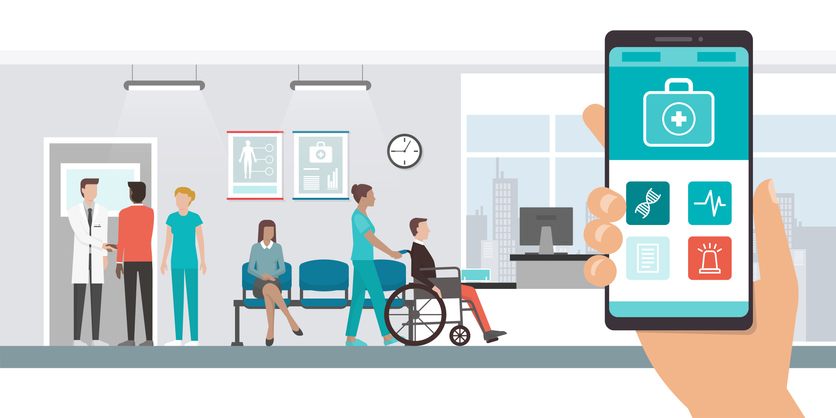Sally Okun delivered one of the best talks of TEDMED 2013’s first full day. She also achieved a TEDMED milestone. Okun, the vice president of advocacy, policy and patient safety for PatientsLikeMe, was the first nurse to ever speak at the event.
In some ways, the way it took nurses awhile to arrive at TEDMED mirrors the slow acceptance of nurses as equal partners in healthcare. Okun herself left “hospital nursing,” as she called it, only a few years after graduating nursing school in 1974. She said she realized nurses would only get new opportunities and responsibilities when others thought it was convenient – not because of the skills they brought to the table. It still bothers her that back then, nurses would always have to give up their seats to doctors in the nursing station when all the seats were taken.
Nurses could play a bigger role in streamlining healthcare delivery. One challenge in making that happen are old state regulations, that restrict the role of nurses in everything from prescribing certain drugs to pronouncing a patient dead. Okun’s concern is that even if nurses are given more power, it won’t be for the right reasons.

With the Rise of AI, What IP Disputes in Healthcare Are Likely to Emerge?
Munck Wilson Mandala Partner Greg Howison shared his perspective on some of the legal ramifications around AI, IP, connected devices and the data they generate, in response to emailed questions.
“I would hate for us to think that nurses are going to be the right providers for medical care because it’s convenient,” she said after her talk. “It’s because we know how to do it and they have the training and they have the expertise and they can really improve their outcomes over time.
“That’s a different mindset,” she said. “Nursing – there’s a wholeness to it that healthcare doesn’t have. There are 3 million of us and we’re still siloed.”
It wasn’t until Okun started working in hospice that she was allowed to practice nursing the way she wanted “in a full partnership with my colleagues, our patients and their families.”
“We are the eyes and ears,” she said of nursing. “It shouldn’t be a convenience issue. It should be partnership.”












